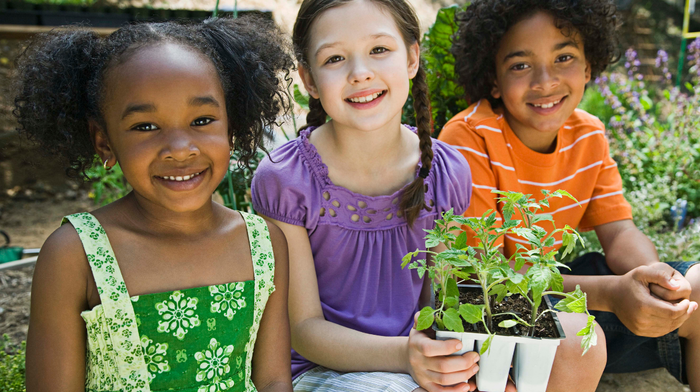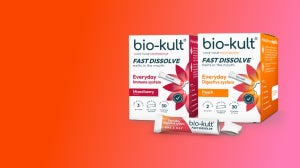
As another school year approaches after a fun-filled summer break getting back to the classroom may create feelings of worry and concern. Therefore, keeping your children as physically, mentally and emotionally healthy as possible will be a big help to curb these negative feelings that they may be experiencing.
So How Can We Help Our Children Prepare For Returning to School?
SOCIAL INTERACTION
Firstly, seeing other people is really important, sports clubs, holiday provision and social areas to allow children to remain active and interact with children of their own age during the school holidays.
The benefits of social interaction and exercise are many and relatively well known; however, spending time outdoors can also be extremely beneficial for our gut health. Approximately 70% of our immune cells are located in our gut and it is widely believed that less exposure to external microbes, due to more time spent indoors and away from peers, and a reduction in biodiversity, due to urbanisation, pollution and climate change, can be detrimental to their gut health and their ability to fight infection.

Good gut health is also important for our mental health so going out for walks, helping out in the garden or allotment and playing outside with friends is a great way to improve your child’s health both mentally and physically.
THE SUNSHINE VITAMIN
Spending time outdoors is also the most efficient way for children to absorb enough sunshine to keep vitamin D levels topped up.
Vitamin D, which is actually a hormone precursor, is vital for cardiovascular, brain and nervous system health as well as growth, repair, immunity and lung function, the latter two being particularly pertinent at the current time.
Vitamin D can be found in some foods such as oily fish, egg yolks, cheese and fortified cereals but the most efficient and effective way to obtain it is through the sun. Just spending 10 – 20 minutes a day (the darker the skin the more sun exposure is needed) in the midday sun, without any sunscreen and as few clothes as possible, will enable your child to produce enough vitamin D to last them approximately 3 to 4 weeks.

Excess vitamin D is stored in the fat cells but for a maximum of two months so it’s important to keep topping up whilst the sun is out and supplementing between October - April when less sunshine is available.
A GOOD NIGHT’S SLEEP
Keeping a normal sleep routine going is also important. It’s very easy to let bedtime slip further and further back when children are off school but this can mean they’re either not getting enough sleep, or their normal sleep pattern shifts so that when they do return to school you might find you’re having to drag them out of bed!

Sleep is vitally important for not only your children’s physical health but their mental and emotional health too, as a lack of sleep can impact their focus, concentration and ability to cope, with many children crying and playing up a lot more when they’re sleep deprived.
If they’re struggling to sleep, getting lots of exercise during the day, minimising screen time, reading a book and listening to a meditation app before bed can be really helpful.
EATING WELL
Ensuring they are eating healthily is also another way to support children’s overall health. In order to keep their immune system functioning optimally, including in their diet a wide variety of food containing an array of nutrients will be beneficial, but in particular selenium, zinc, vitamin A, C, D and E. These kind of nutrients can be found in nuts and seeds, oily fish, lean meat, poultry, plant proteins and fruit and vegetables.
Eating a rainbow of fruit and particularly vegetables every day should ensure your child is getting an optimum amount of beneficial nutrients.
In addition, having a good multi-strain supplement, like Bio-Kult, for children 3+ and teenagers, may help support their natural gut flora.
You could also encourage them to eat fermented foods such as sauerkraut, apple cider vinegar (with mother), kimchi, kefir and natural live yoghurt, although this may be taking it a step too far for many picky eaters!
Implementing as many of these things as possible will take away much of the worry and fear about returning to school, and will give you as a parent the confidence and peace of mind to know that you have done everything you can to bolster all aspects of your child’s health, allowing them to concentrate on learning and running around the playground with their friends.

Related Articles








